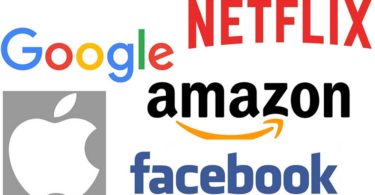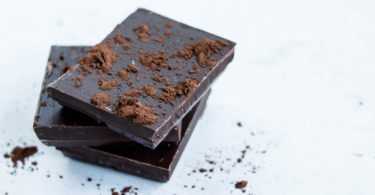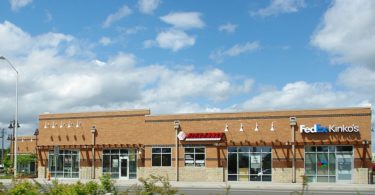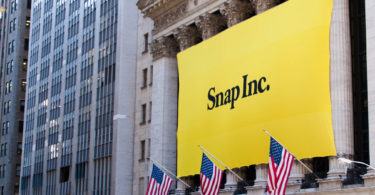This article was originally posted here

A bevy of potential drugs manufactured or repurposed to treat the coronavirus are under development, but Business Insider points out that eight to 10 of the 115 different vaccine candidates look promising, according to Bill Gates.
Gates, whose foundation is spearheading funding and research for a coronavirus vaccine, authored a blog post Thursday that explained the process of how vaccines work and what is needed to develop an effective treatment.
“The most promising candidates take a variety of approaches to protecting the body against COVID-19,” Gates explains. “To understand what exactly that means, it’s helpful to remember how the human immune system works.”
He points out that vaccines work to teach the human body how to defeat a foreign pathogen without getting sick first. There are two major types: inactivated and live vaccines.
Inactivated vaccines contain dead viral pathogens, whereas live vaccines contain weakened, or “attenuated” pathogens. Gates notes that they are “highly effective” but prone to side effects and both are time-consuming.
Gates's alternative is using two new approaches that some of the candidates are undertaking: RNA and DNA vaccinations.
Both are similar in how they work. But RNA vaccines specifically inject the antigen of a pathogen, or the molecules found on a pathogen's surface, into the human body, giving it the genetic code needed to replicate and produce that antigen. By doing so, these new antigens will be attacked by the body's immune system, and it learns how to defeat these molecular structures if they are ever introduced into the body again.
“You essentially turn your body into its own vaccine manufacturing unit,” Gates writes.
DNA vaccines are similar, but feature a different type of genetic material and method of administration, according to the blog post.
Scientists aren't sure if RNA platforms are effective for vaccines, and Gates acknowledged that there may not be a perfect coronavirus vaccine by the time we need it.
“If we were designing the perfect vaccine, we’d want it to be completely safe and 100 percent effective. It should be a single dose that gives you lifelong protection, and it should be easy to store and transport. I hope the COVID-19 vaccine has all of those qualities, but given the timeline we’re on, it may not,” he writes.
Gates predicts that the vaccine that is at least 70 percent viable will be enough to stop the outbreak, and that one will be ready in about 18 months. The primary challenge will be to see if the vaccine can work well in elderly patients, as they tend to be more immunocompromised.
Additionally, about 7 billion doses of the vaccine will need to be distributed globally, with the Bill and Melinda Gates Foundation working with Gavi, the Vaccine Alliance, on how to effectively deploy medicine.
“It might be a bit hard to see right now, but there is a light at the end of the tunnel. We’re doing the right things to get a vaccine as quickly as possible,” Gates concludes. “In the meantime, I urge you to continue following the guidelines set by your local authorities. Our ability to get through this outbreak will depend on everyone doing their part to keep each other safe.”
Editor's Note: Bill Gates' Next Big Bet
He made $96 billion on Microsoft…
And now Bill Gates is going “all in” on a breakthrough technology that’s already changing the world.
Join him today, and you could ride this historic opportunity for a $1.2 million payday.








